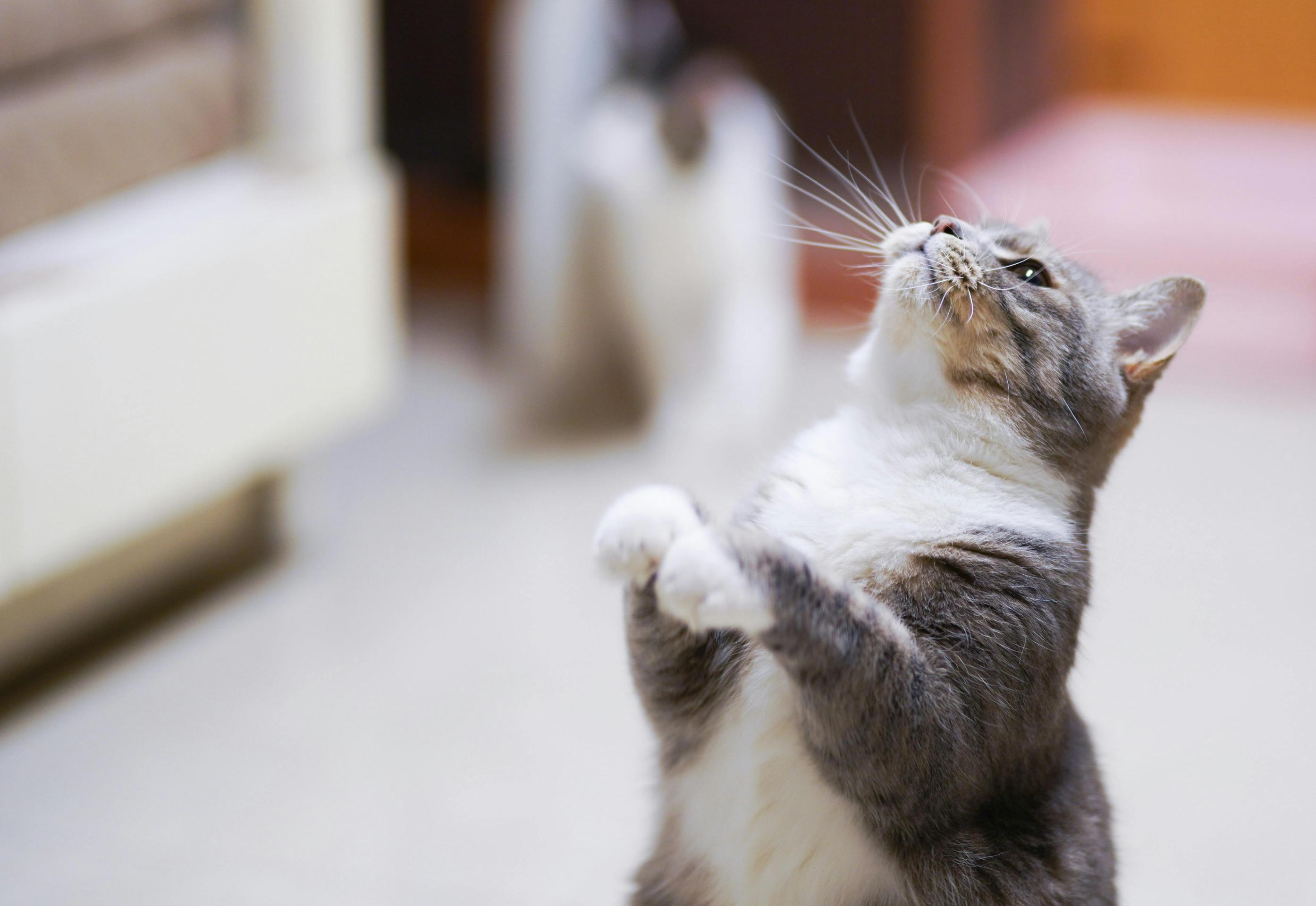If you’ve ever noticed your cat fixated on a fly buzzing around the room or a spider crawling across the floor, you’re not alone. Cats are natural hunters, and their fascination with bugs is rooted in instinct. Here’s a deeper look at why cats love watching (and sometimes chasing) bugs, brought to you by Ingleside Animal Hospital.

1. Instinctual Hunting Behavior
Cats are born predators. Their ancestors relied on hunting small prey for survival, and that instinct remains strong, even in domesticated cats. Bugs mimic the movements of prey, triggering your cat’s innate hunting drive. When a bug zips by, your cat’s reflexes kick in, making them want to stalk, pounce, and “attack.”
2. Mental Stimulation and Entertainment
Bugs provide a source of entertainment and mental engagement for cats. The unpredictable movements of insects keep cats alert and focused, offering a fun and enriching way to engage their minds. Watching bugs can prevent boredom, especially for indoor cats that may lack other sources of stimulation.
3. Training Their Hunting Skills
Even though your indoor cat may not need to hunt for food, watching and chasing bugs allows them to practice and refine their hunting techniques. This type of play helps develop coordination, agility, and focus, keeping your cat mentally and physically sharp.
4. Curiosity and Exploration
Cats are naturally curious animals. Bugs move unpredictably, which piques a cat’s interest and stimulates their desire to explore. This curiosity often leads them to investigate, paw at, or follow the bug around the house.
5. The Thrill of the Chase
Chasing bugs provides a burst of excitement for cats. It taps into their prey drive and gives them a rewarding sense of accomplishment when they “capture” their target—even if it’s just a tiny fly.
6. Why It’s Important to Monitor Bug Interactions
While watching and playing with bugs can be entertaining, not all insects are safe for cats. Some bugs, such as bees, wasps, or certain spiders, can sting or bite, causing pain or allergic reactions. Additionally, some insects may carry parasites or toxins that could be harmful if ingested.
How to Keep Your Cat Safe
-
Monitor your cat’s bug interactions and remove any potentially harmful insects.
-
Use pet-safe pest control methods to minimize exposure to harmful bugs.
-
Provide alternative toys and enrichment to satisfy their hunting instincts.
If you notice any unusual behavior or signs of illness after your cat has interacted with a bug, contact Ingleside Animal Hospital for guidance. Keeping your cat safe while allowing them to express their natural behaviors ensures a happy, healthy feline friend!
If you have questions and you'd like to reach out to us, you can call us directly at (602) 833-7511, or you can email us at [email protected]. Don't forget to follow us on social media Facebook, Instagram.
